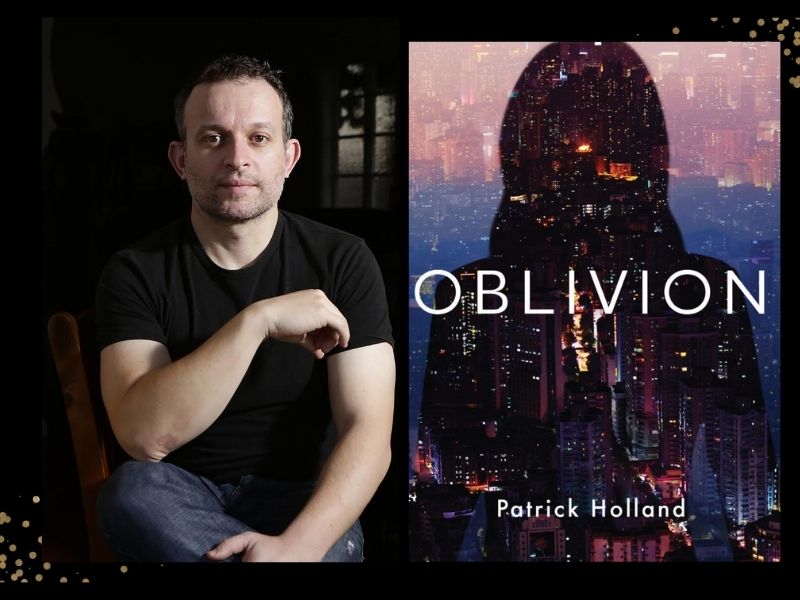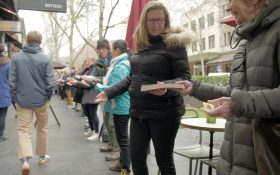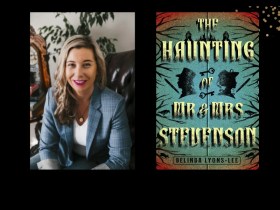Miles Franklin long-listed author, Patrick Holland (The Mary Smokes Boys) is now an Assistant Professor of Creative Writing at Hong Kong Baptist University and splits his time between there and Brisbane. His experience and knowledge of both east Asia and writing ensures his eighth novel, Oblivion, is a compelling read.
Oblivion features an unnamed narrator who’s an Australian public servant based in China and whose job is brokering trade deals between national governments and who may, or may not, have once been a spy. Although involved in high stakes cross-border activities, this is no high-octane Matthew Reilly-type novel, but rather a quiet exploration into a person’s mid-life crisis that’s more about coping with a life lived in the shadows than flaunting wealth or achievements.
Part one is titled ‘Sleepwalking Through Cities’ and encapsulates the floating world the narrator inhabits throughout the book. He’s constantly on the move between airports in Hong Kong, Japan, Vietnam, Singapore and China and, at night, he’s moving between hotel bars, working to maintain his network of underhanded connections and seeking the eponymous oblivion.
To create the atmosphere of a person sleepwalking through the living world, the narrator makes detached observations, rather than deep-thinking revelations. For example, when travelling in a taxi at night from the airport to the city, he says, ‘I watched my face float across the webs of elevated highways. Industrial sidings. Sleepless construction sites.’
However, the narrator’s equilibrium is disrupted when he crosses paths with Vietnamese performer Tien, which triggers a sequence of events that could derail both his plans to escape his working life and to possibly convince Tien to settle down with him.
Holland’s short story writing experience permeates the book, opening with the ‘rat-tat-tat’ of short, sharp sentences over and over, which becomes tiring at times given this is a novel. However, the volume of details conveyed in the first part of the book are reminiscent of the first part of Victor Hugo’s, Notre-Dame of Paris. In that, Oblivion feels like a tourist brochure for the natural and built beauty of east Asia in the same way that Hugo’s book was for 1830s Paris. Plus, the romantic sub-plot in the second half of Oblivion emulates Notre-Dame of Paris.
Read: Book review: If You Go, Alice Robinson
Overall, Oblivion is not about glamorising the “thrust and parry” of property deals being done “below board”, but rather, it leaves the reader reflecting on whether they, too, are sleepwalking through their own life.
Oblivion, Patrick Holland
Publisher: Transit Lounge
ISBN: 9781923023147
Pages: 256pp
RRP: $32.99
Publication Date: 1 July 2024





